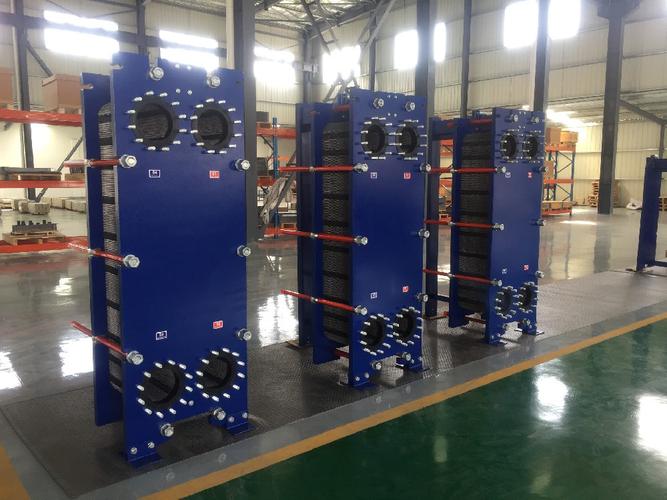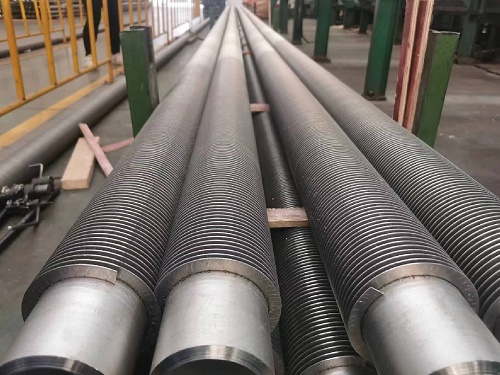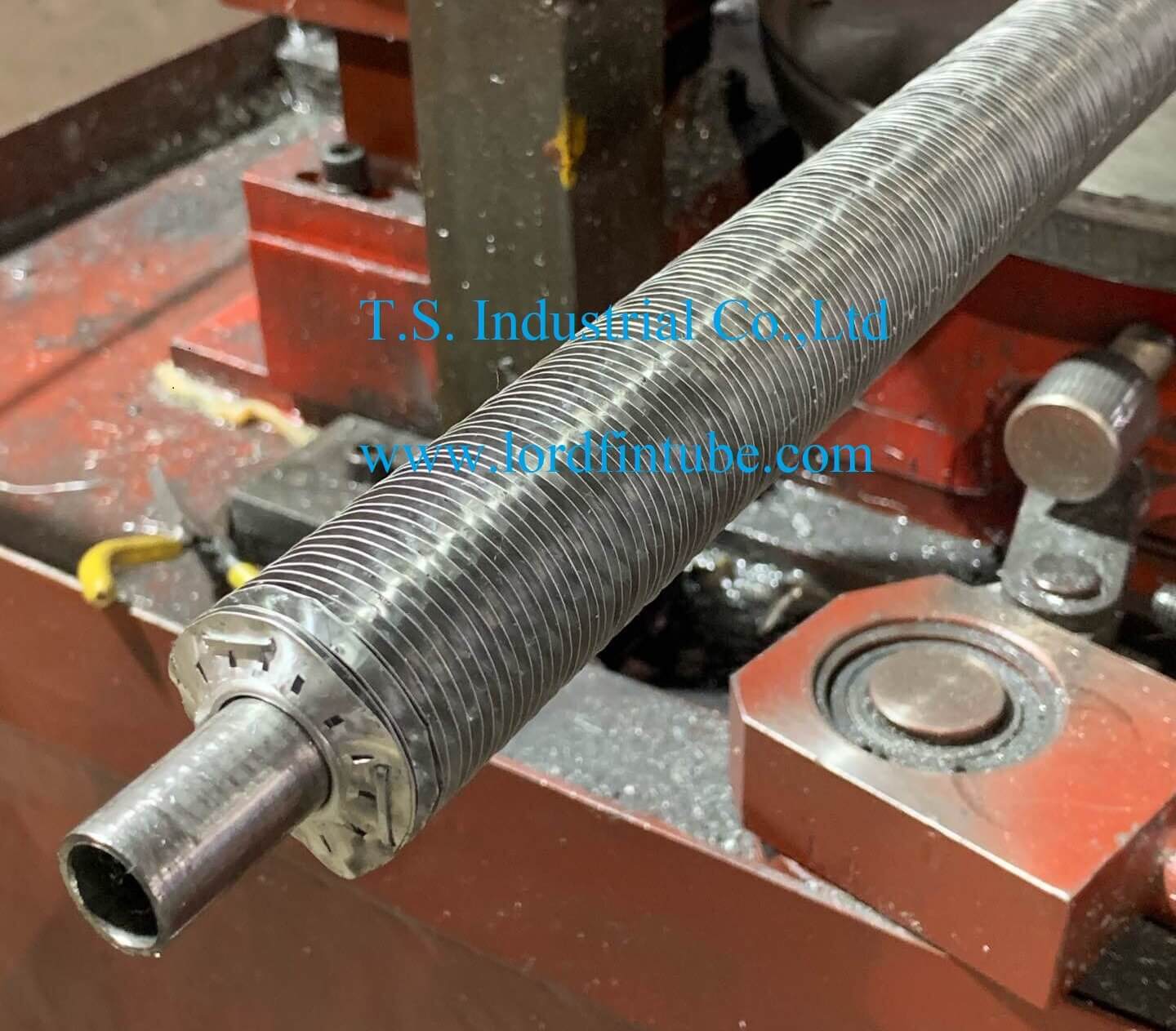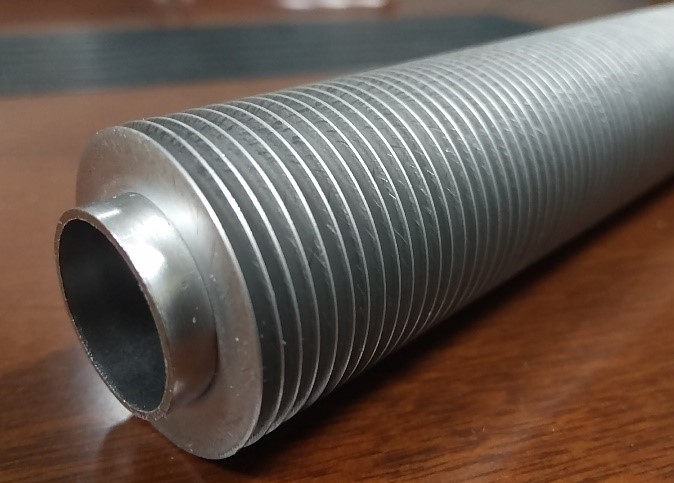Lord Fin Tube-Plate heat exchanger advantages
What is plate heat exchanger?
Plate heat exchangers are widely used in various industries because of their several advantages over other types of heat exchangers.
Some of the advantages of plate heat exchangers are:
1. High Heat Transfer Efficiency: Plate heat exchangers have a large surface area which allows for more efficient heat transfer between fluids, resulting in a higher heat transfer rate.
2. Compact Size: Plate heat exchangers have a compact design compared to other types of heat exchangers, allowing for installation in tight spaces.
3. Flexibility: Plate heat exchangers can be easily modified to fit the specific needs of different applications, including temperature ranges, pressure drops, and fluid types.
4. Easy Maintenance: Plate heat exchangers can be easily disassembled for cleaning and maintenance, reducing downtime and increasing the longevity of the equipment.
5. Cost-Effective: Plate heat exchangers are typically less expensive than other types of heat exchangers, making them an affordable solution for many industrial applications.
6. Energy Efficient: Plate heat exchangers require less energy to operate, reducing energy consumption and operating costs.
7. High Thermal Capacity: Plate heat exchangers can handle high thermal capacities, making them suitable for applications that require high heat transfer rates.
8. Versatility: Plate heat exchangers can be used for a variety of applications, including HVAC, food and beverage processing, chemical processing, and pharmaceuticals.
9. Scalability: Plate heat exchangers can be easily scaled up or down to meet changing process requirements, allowing for flexibility in production.
10. Low Fouling: Plate heat exchangers are less prone to fouling than other types of heat exchangers, thanks to their smooth surface and turbulent flow design.
11. Reduced Chemical Consumption: Plate heat exchangers require less chemical consumption for cleaning, reducing the environmental impact of the process.
12. Reduced Water Usage: Plate heat exchangers can reduce water usage in processes that require cooling, making them an environmentally friendly option.
In summary, plate heat exchangers offer a range of advantages that make them a popular choice for many industrial applications. They offer high heat transfer efficiency, compact size, flexibility, easy maintenance, cost-effectiveness, energy efficiency, high thermal capacity, versatility, scalability, low fouling, reduced chemical consumption, and reduced water usage.

Plate heat exchanger
请输入搜索关键字
确定






